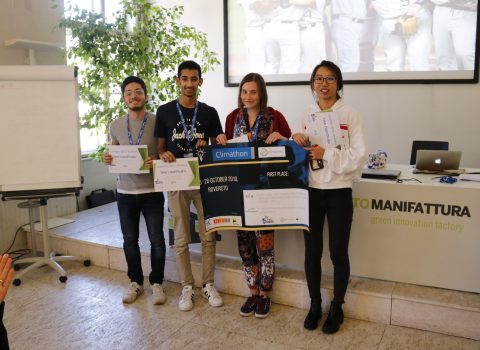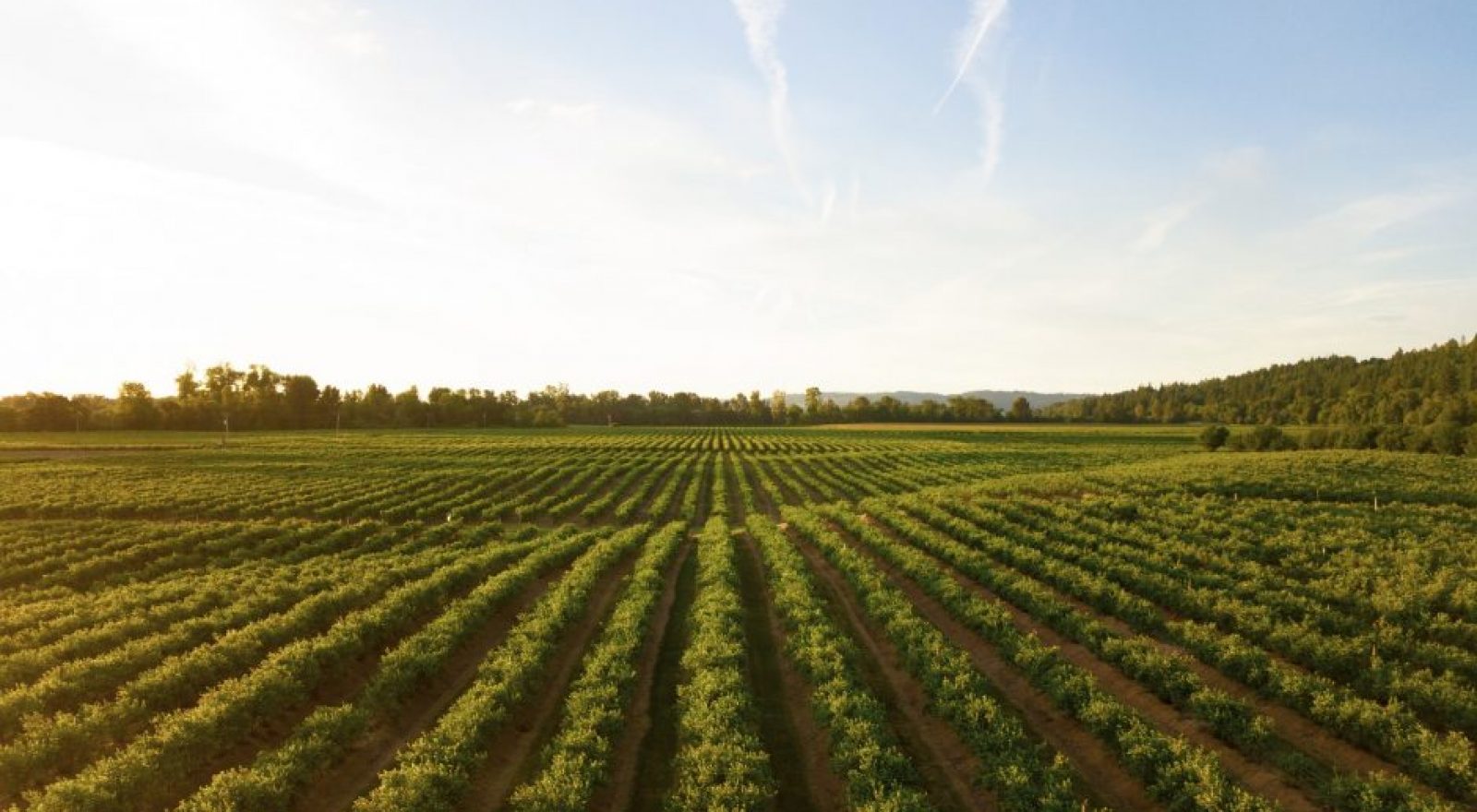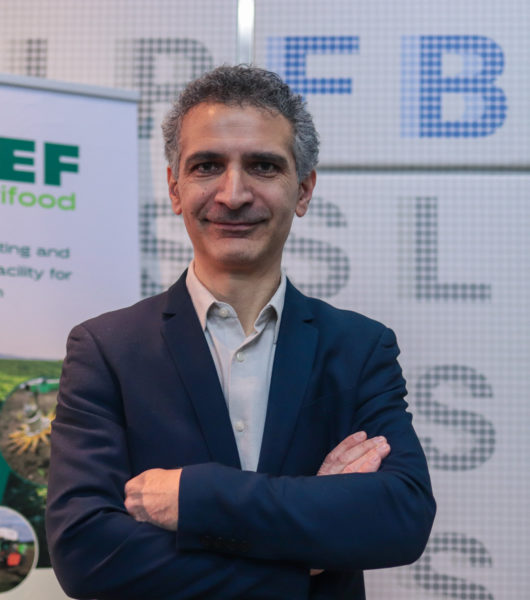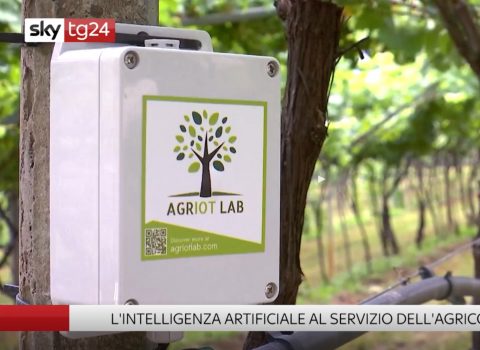
Raffaele Giaffreda (FBK) interviewed to identify core challenges related to water scarcity
SAPIENCE project leader Raffaele Giaffreda (FBK) interviewed, within an EIT Cross KIC initiative, to identify core challenges related to water scarcity in Southern Europe
The EIT Cross-KIC (Knowledge & Innovation Communities) initiative called “Finding innovative solutions for water scarcity in Southern Europe” aims “to enhance knowledge and overcome current barriers to tackle water scarcity in Southern Europe through innovation, entrepreneurship, education and communication.” The programme selected and appointed a panel of 16 experts to identify six core challenges in this domain and it will soon select 30 start-ups that are called to offer solutions to those challenges that the experts have identified.
EIT Climate KIC interviews experts from the Cross-KIC initiative as part of their “In Our Community” series. In this article one of the two the food expert interviewed is our researcher Raffaele Giaffreda, SAPIENCE project leader, and these are the questions he shared his views on:
• What motivated you to be part of this initiative on water scarcity in Southern Europe (S.E.)?
• What food expertise do you bring to the initiative?
• What are some of the current challenges with regards to water scarcity in S.E.?
• How do you think these can be addressed through the initiative?
• What does “innovation” mean to you?
• The initiative brings together different experts, sectors, organisations, start-ups and professionals. Moreover, it’s a collaboration between multiple KICs, among others: Why do you think ‘breaking down silos’ and bringing together diverse perspectives is important to transforming food systems?
• Who or what gives you inspiration in your work with food systems?
SAPIENCE (an EIT Climate KIC Pathfinder) is the FBK-led project more closely related to the issues being tackled in this Cross-KIC initiative. Through the deployment of Internet of Things (IoT) technologies in the fields to monitor agricultural practices, it creates a system that incentivises and rewards virtuous behaviours.
For 2020 it focuses on efficient and sustainable use of irrigation water between different pilot sites, dedicated to the production of wine and horticultural products.
Besides monitoring and actuating purposes, quite common in many agritech use-cases, IoT devices will also serve relevant data to a distributed ledger using blockchain technologies to manage rewards and share profits amongst those farmers whose virtuous behaviour contributed to achieving them.

Find ou more on EIT Climate KIC website:



